Pakistan’s elite actively manufacture inequality: Dr Rosita Armytage
4 min readIt’s really a clever strategy: the elite in Pakistan create the systems and laws on how the country should work and then they exempt themselves from those rules. No wonder the rich get richer and the poor have no idea what the hell is happening to them.
But if there is one book that exposes all this, it is Dr Rosita Armytage’s Big Capital In An Unequal World: The Micropolitics Of Wealth In Pakistan. She launched it at the Karachi Literature Festival on Saturday and it is available from Liberty Books for Rs1,495.
This book is the first to go behind the scenes to study Pakistan’s elite and what makes them so rich and keeps them rich.
According to Armytage, the elite both create the political, legal and regulatory structures that determine the way the country operates, and also systemically exempt themselves from following those laws and regulations. They do this because it simply is a disadvantage for them.
The book is a product of 14 months of ethnographic research in Lahore, Karachi and Islamabad. Dr Armytage went to the weddings, birthday parties, private clubs to study Pakistan’s richest families, their networks, social practices, marriages and machinations to piece together a picture of how the system works.
Operating in a rapidly developing environment, Pakistan’s wealthiest and most powerful members contradict widely held assumptions that economic growth is leading to increasingly impersonalized and globally standardized economic and political structures.
Anthropologist and policy adviser Dr Rosita defines the word ‘elite’ as a family with the ability to generate $100 million annually. “In the beginning of my research, I was focusing on the business elite, but as the research progressed it became clear that most of these families were also tightly interlinked with political and military families and that they fostered very close relationships with the bureaucracy,” she said.
She argued that we cannot understand social and economic inequality without understanding the lives of the top 1% of wealth owners and their history of relationships, negotiations and conflicts that have caused this group to amass enormous wealth while so much of the population continues to struggle.
Dr Armytage said that for all the competition among the elite this group is also tightly bound by marriage, friendship and mutual advantage, and that ties into the business political and military spheres. In fact, the government keeps these wheels oiled.
“Maintaining wealth requires another set of strategies all together. The first is the constant maintenance of a closed and exclusive social network,” she said. “This is guarded very tightly through institutions like elite schooling, private social clubs and private parties where deals are made and negotiated, where policies are often formed before they’re agreed upon.”
The second is a strict adherence to ensuring the marriages of children in strategic ways to forge solid permanent bonds between families with complementary forms of power.
The last is a culture of exemptions. They frame economic structures but choose to live outside the confines of these frameworks and circumvent the laws that go against their interests – the maximization of profits.
Dr Irshat Husain, who was on this panel, has written extensively on the subject in his book The economy of elitist state.
Commenting on Dr Armytage’s work, Dr Ishrat said that he found it to compliment his. “I had taken the angle from a macro-perspective so I would call that a macro politics of wealth accumulation but she has looked at it from a micro perspective,” he said.
He felt Dr Armyage has captured elements of where the elite originated and how they acquired their wealth.
He argued, however, that to him the elite are not exclusively those who have assets worth $100 million. “There are elites who may not have these kind of assets but they are influential due to their usefulness to the regime or hold nuisance value,” he said.
For example: “I would say that lot of media anchors and journalists today with even modest means and assets are either feared or they are co-opted by the regimes and they have become formed they’ve become part of the elites so the lead is not exclusively based on the assets,” he said.
He went on to say that there is an intra-elite rivalry because resources are scarce and therefore there is competition. The elite who are affiliated with one particular regime are able to snatch them from the others and when the regime changes the other group which had been an outsider now becomes the insider.
He said that the market only honors those with assets. Pakistan’s elite is not accumulating wealth because of sheer hard work, enterprise, innovation or ideas but from who has been given the piece of land by the government of the day.
For the latest news, follow us on Twitter @Aaj_Urdu. We are also on Facebook, Instagram and YouTube.















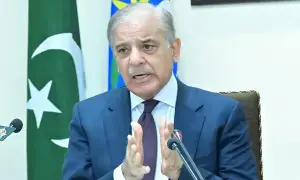

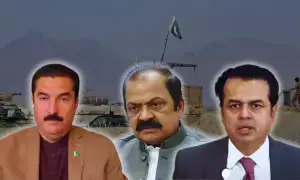
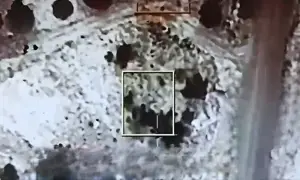


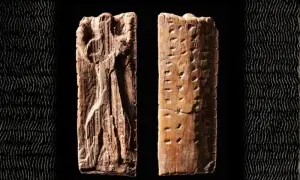



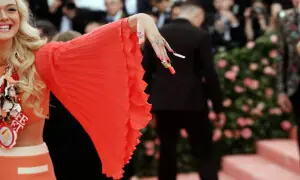
Comments are closed on this story.